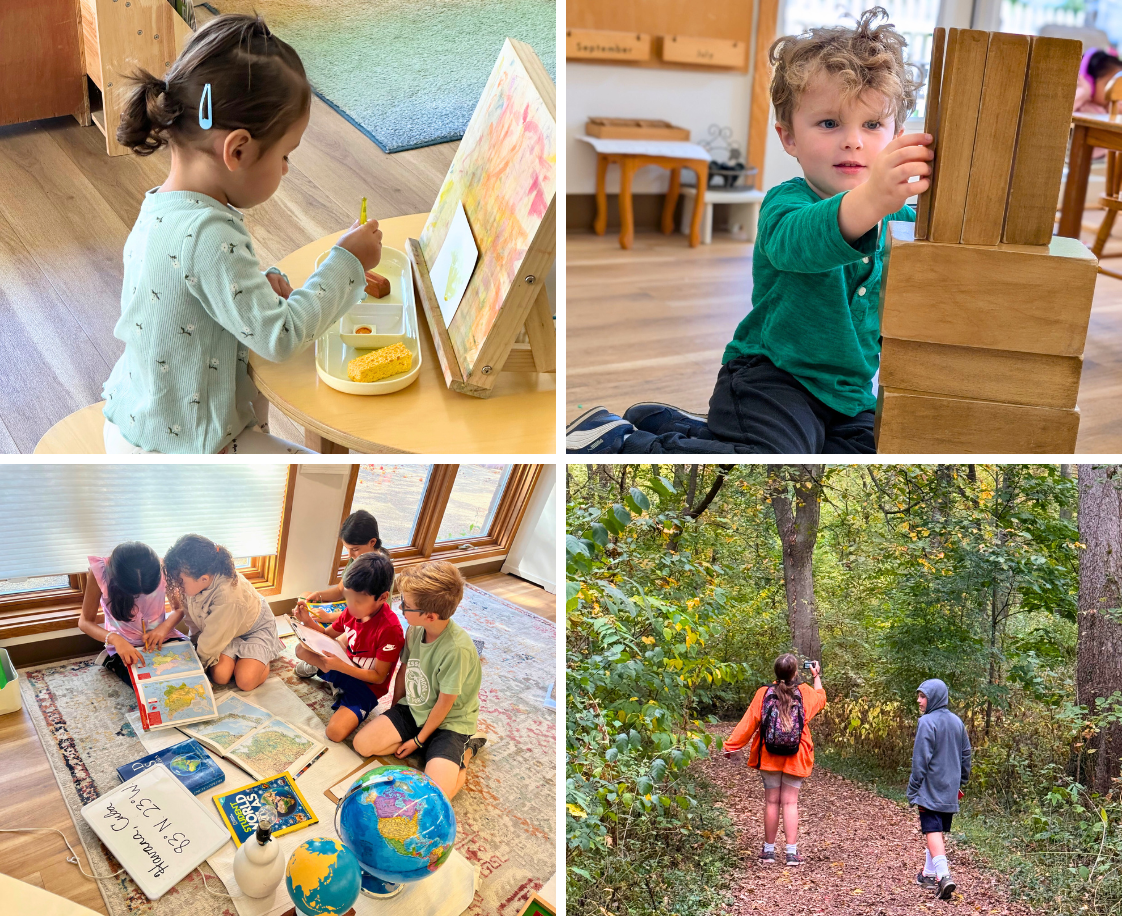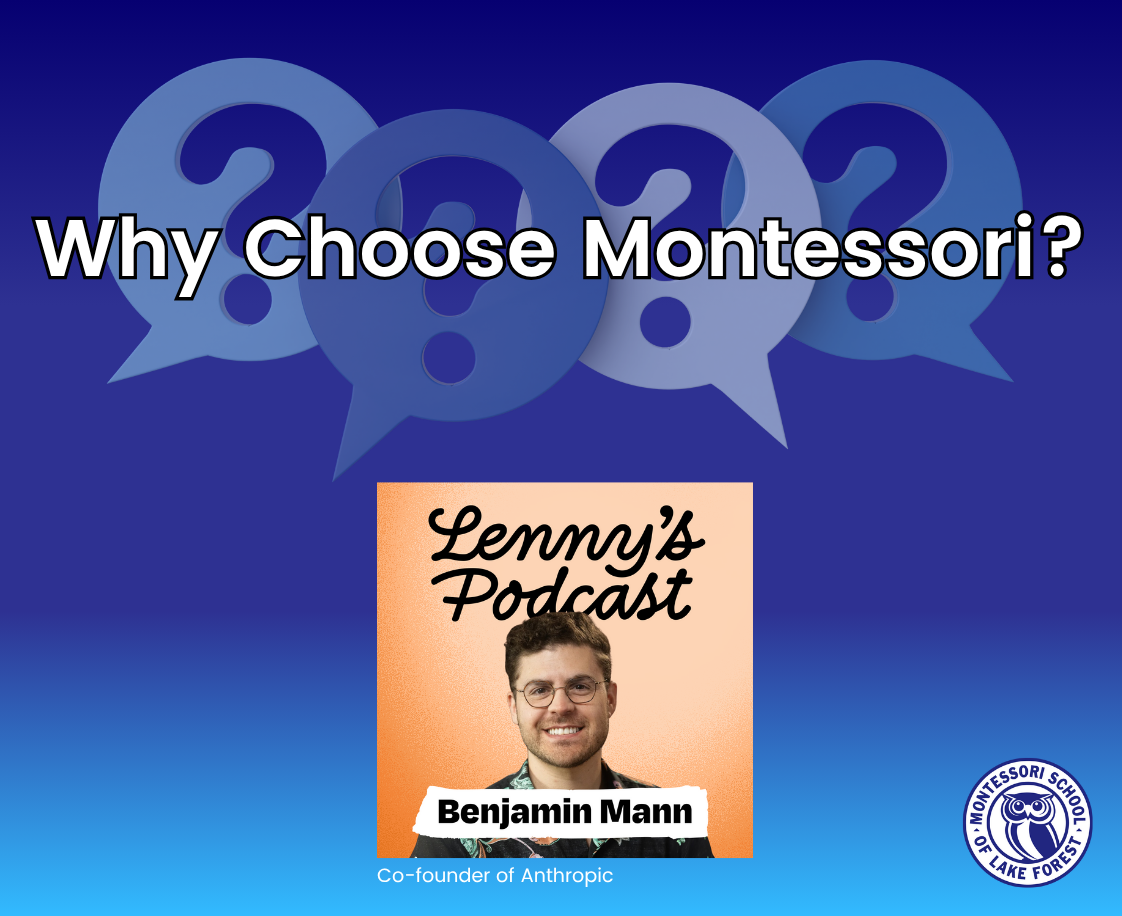The Meaningful Use of Technology at MSLF

There may be no more controversial topic in Montessori circles than the use of technology in our classrooms. Dr. Maria Montessori developed her method of learning long before anyone would have dreamed of the technology that we have access to today. She opened her first classroom in Rome in 1907, the same year that color photography was invented by Auguste and Louis Lumiere. Little did she know that after her death in 1952 and by the end of the 20th century, we would see spaceships, computers, cell phones, and wireless internet.
It’s important to remember, however, that Dr. Montessori was herself a pioneer and a revolutionary. When she was 13, she made the unconventional choice to go to an all-boys technical school to study engineering. Upon graduation, she applied to the University of Rome’s medical program but was rejected. She instead pursued her studies in physics, mathematics, and natural sciences and was finally accepted into medical school. When she graduated in 1896, she became one of the first female physicians in Italy. In her work, Dr. Montessori relied on scientific observation and direct experience to develop her teaching methods, learning materials, and classroom environment, which stood in stark contrast to rigid, traditional classrooms. Her vision of education instead provided children with an environment that fostered their natural desire to learn and freedom to choose their own materials. If she were alive today, there is no doubt that her child-centered approach to education would carefully think about the impact of rapidly changing technology on today’s children, and her innovative ideas would undoubtedly consider how new technologies could be meaningfully incorporated into her method.
In the spirit of Dr. Montessori herself, we at MSLF have considered exactly that: how can we meaningfully incorporate use of technology into our curriculum without compromising what we know about how young children learn best? In support of our belief in Montessori educational philosophy, we aim to never replace real world, hands-on activities with high tech experiences. Our goal is to teach children how to be problem solvers, how to think outside of the box, and how to manage and express their emotions to prepare them for life and promote personal growth and healthy relationships.
At MSLF, we are keenly aware of the need to educate our children on the use of technology as a tool. Students are given the opportunity to use technology as a resource and tool only when developmentally appropriate. We provide this summary to our community to communicate how technology is used at MSLF, as well as a resource, so that decisions about technology use at home can be made to best support your child’s development. We also remind all adults, whether at school or at home, to model purposeful, responsible technology use when caring for children at all stages of development.
We are proud to share our Technology @ MSLF: Vision, Plan & Guidelines document to help all MSLF families understand how technology is viewed and used at our school. We further hope that this information brings greater understanding and confidence in how the investment in your child’s Montessori education at MSLF will truly serve them well into the future.
TECHNOLOGY AT MSLF OVERVIEW
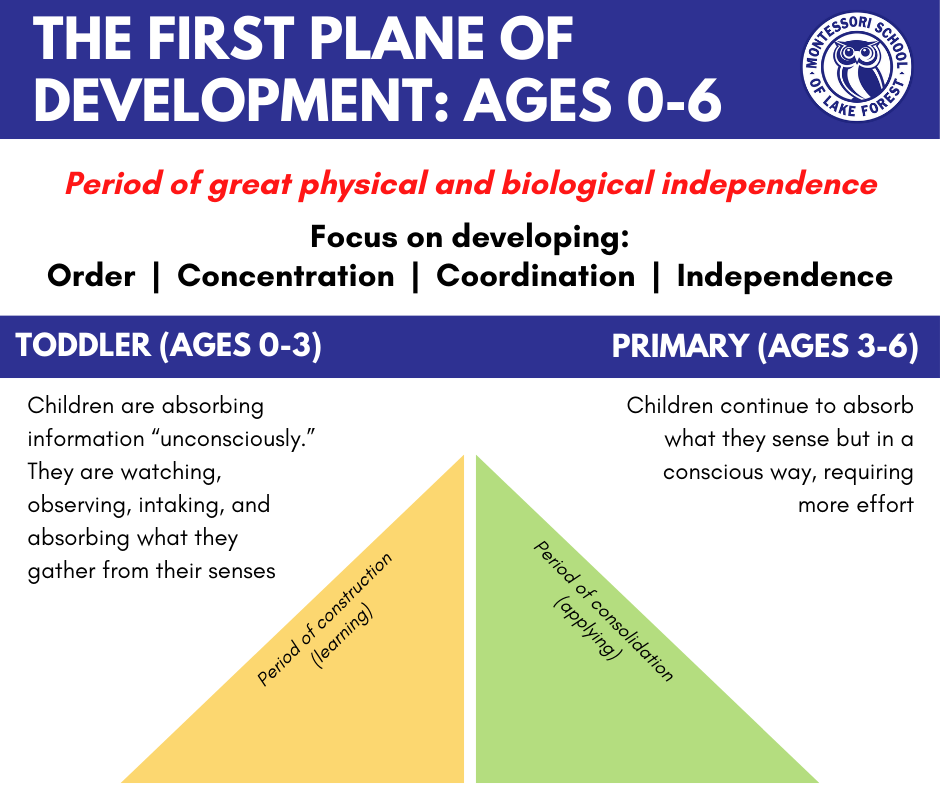
During the First Plane of Development, the focus for the child’s development should be on hands-on, concrete, real experiences in the environment in order to fully develop focus, executive functioning, and functional independence.
Our Toddler and Primary classrooms at MSLF, which serve children aged 0-6, do not use technology for learning.
MSLF strongly encourages limited use of technology by children at this age, as it hinders development of the holistic child and impacts the important development of executive function and focus. It is also important for adults to model purposeful, responsible technology use when caring for children at this stage of development.
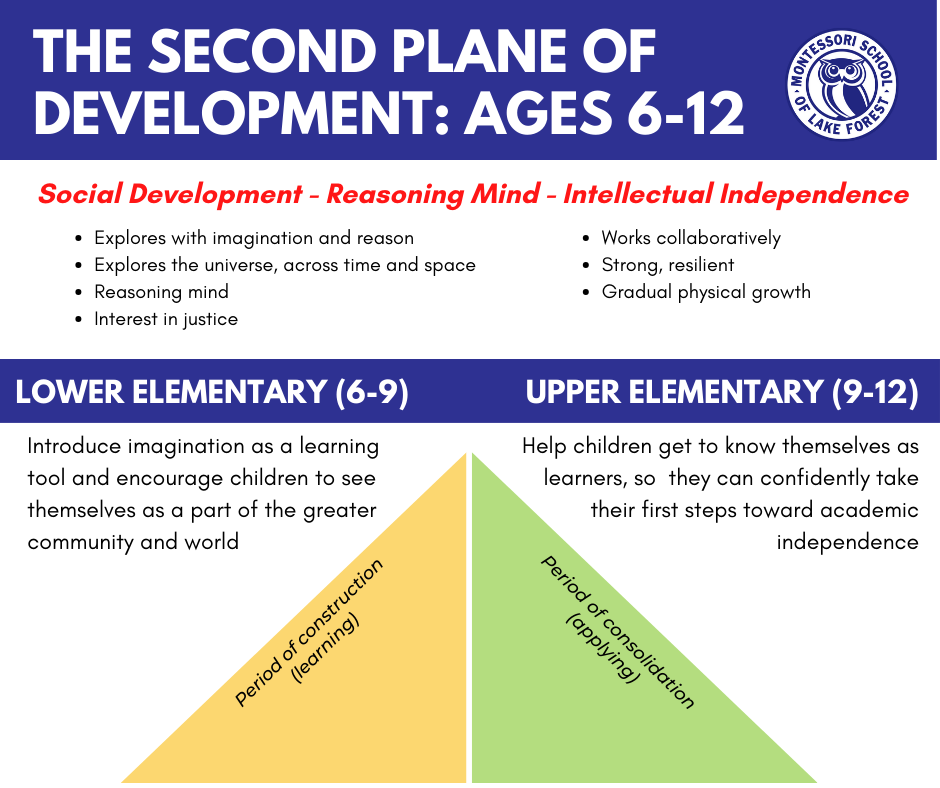
As children move into the Second Plane of Development, their imagination begins to develop more rapidly and they move into more abstract thinking, building on the concrete concepts learned in early childhood. It is still important for children in this plane to continue to have real-world experiences, especially as their world begins to expand and they become more social.
- Our Lower Elementary classroom at MSLF, which serves children in grades 1-3, does not use technology for learning.
- Our Upper Elementary classroom at MSLF, which serves children in grades 4-6, uses technology minimally and purposefully, with the focus on technology as a tool for productivity, communication, and learning.
We strongly remind families with elementary-aged children that modeling our own use of technology is just as important at this age as it is in early childhood. We recommend that parents carefully consider introduction of screen media thoughtfully and to monitor and limit a child's access to technology. The
American Academy of Pediatrics’ Family Media Plan tool allows parents to consider the purpose of media and to explore how it fits with each family’s values. We also strongly encourage that families use resources such as
Common Sense Media to select developmentally appropriate programming.
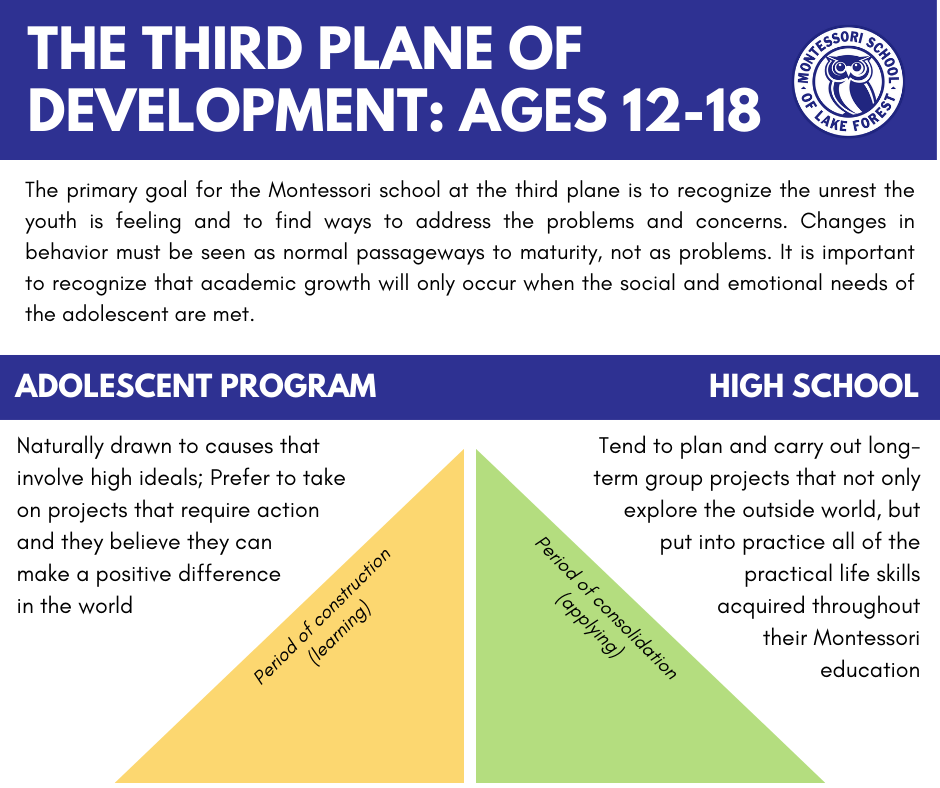
Our Adolescent Program classroom at MSLF, which serves children in grades 7-8, continues use of technology purposefully, with the focus on refining the use for communication, research, and the Adolescent Program microeconomy.
We continue to recommend that parents of adolescent students model appropriate use of technology, as exposure to different forms, including social media, continues to grow at this age. At home, we recommend that parents monitor their child's access to technology and encourage appropriate use of technology. The
American Academy of Pediatrics’ Family Media Plan tool allows parents to consider the purpose of media and to explore how it fits with each family’s values. We also strongly encourage that families use resources such as
Common Sense Media to select developmentally appropriate programming.
Resources and references:
- https://www.montessori.org/montessori-education-in-a-time-of-physical-distancing-is-the-use-of-digital-technology-appropriate-in-the-context-of-montessori-philosophy/
- https://www.montessori-ami.edu.hk/wp-content/uploads/2023/08/TreasureArticle2015.pdf
- https://amshq.org/Blog/2023-12-13-Montessori-Technology-and-the-Purpose-of-Education
- https://amshq.org/Blog/2022-08-29-Who-is-Maria-Montessori
- https://themontessorinotebook.com/montessori-technology

